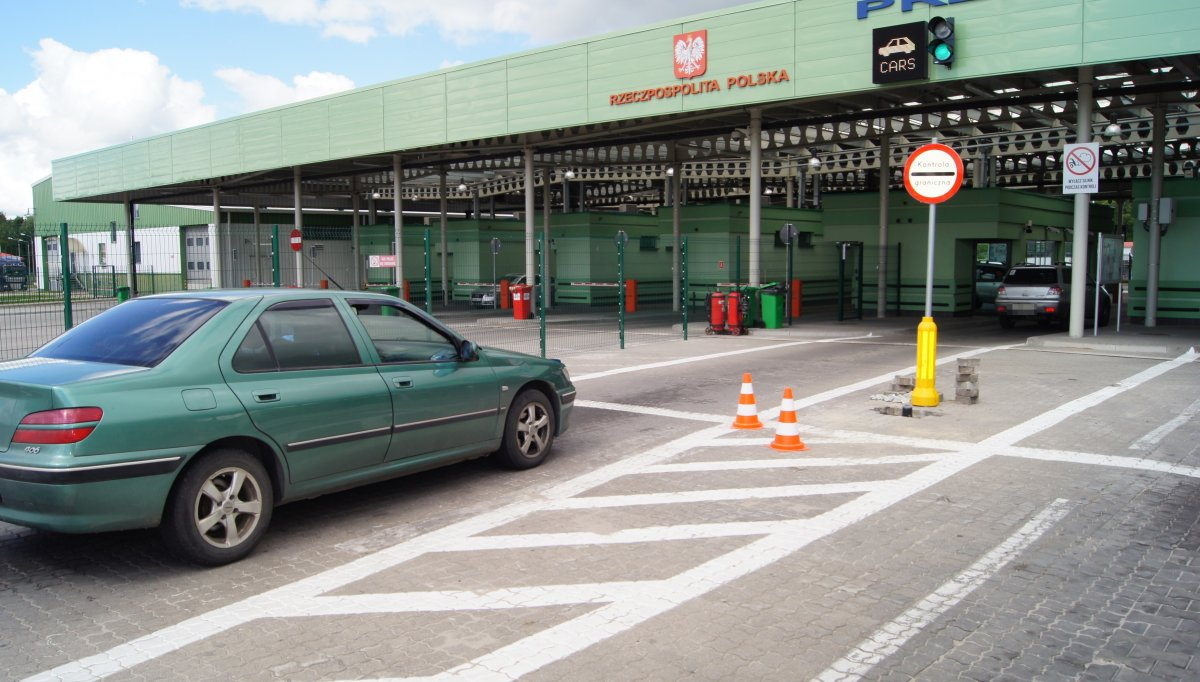Poland, Lithuania and the opposition-in-exile are lobbying for tougher sanctions as the regime manoeuvres
 The situation has not changed
The situation has not changed

Poland and Lithuania continue to lead discussion of new sanctions against Belarus; however, consensus is hampered by differing views regarding the Belarusian potash sector; the opposition in exile is also lobbying for tougher sanctions. Meanwhile, Poland and Ukraine are introducing unilateral restrictions as the regime steps up lobbying efforts via Hungary and the Vatican, promoting Belarus as a broker freeze the Russian-Ukrainian conflict.
Further talks were held in Brussels between the ambassadors of the EU member states regarding sanctions against Belarus, due to support for Russia in the war against Ukraine. No agreement has been reached, but negotiations should resume soon.
Poland demands new sanctions against the Minsk regime as cooperation between Minsk and Moscow to deploy tactical nuclear weapons in Belarus further destabilizes the regional security situation. The agreement signed on May 25th by the defence ministers of the Russia and Belarus clearly indicates a desire for further escalation. In addition, Poland is constantly subjected to hybrid attacks from the Lukashenka and Putin regimes, using migrants to destabilize the internal situation in the EU.
Warsaw also raised the issue of Belarus’ participation in the illegal deportation of children from Ukraine to Russia, emphasising the complicity of Belaruskali, the main potash producer. Warsaw calls for the speedy adoption of sanctions against Belarus, since the lack of synchronization of restrictions against Russia and Belarus is one of the biggest loopholes in the EU sanctions system.
Follow us on Twitter
Although the EU cannot reach a consensus on the inclusion of Belarus in the 11th package of sanctions, Poland imposed its own restrictions against several hundred representatives of the Lukashenka regime on May 29th, following the Belarusian Supreme Court upholding the conviction of Andrzej Poczobut. The list includes politicians, judges, prosecutors, and other persons responsible for political repression. Additionally, Warsaw may indefinitely suspend freight traffic for trucks, tractors, trailers, including semi-trailers and road trains registered on the territory of Belarus or Russia.
Lithuania also continues to insist on a new package of EU sanctions against Belarus. Proposals for new restrictions mainly concern eliminating opportunities to circumvent sanctions against Russia. However, the desire of several EU member countries to lift some of the sanctions against Belaruskali and the Belarusian Potash Company remains a stumbling block.
A similar proposal to tighten EU sanctions against the Lukashenka regime was made by Belarusian democratic leader Sviatlana Tsikhanouskaya. She also proposed that ministers consider closing the Belarusian border for all but passenger traffic and called for the release of political prisoners and an investigation into the crimes of the Belarusian authorities. At the 15th Kyiv Security Forum, Tsikhanouskaya stressed the need to put pressure on the regime and bring it to justice, and supported the peace formula proposed by Volodymyr Zelensky, demanding the restoration of Ukrainian territorial integrity and the withdrawal of Russian troops, and calling for an end to tyranny.
Meanwhile, Ukraine imposed sanctions against 51 individuals and 220 legal entities associated with Russia, the list includes 19 Belarusian companies in the military-industrial sector, the engineering sector and microelectronics. The Prosecutor General’s Office of Ukraine has also begun to investigate the role of Belarus in the deportation of Ukrainian children.
The NATO Parliamentary Assembly called for the Belarusian regime to be held accountable for aggression, war crimes and crimes against humanity, as well as for possible acts of genocide committed in Ukraine.
Subscribe to our weekly newsletter
In response, Minsk is stepping up lobbying efforts through the Vatican and Hungary to deflect further sanctions. Once again, the Belarusian regime declares its readiness to provide a platform for negotiations to resolve the Russian-Ukrainian conflict. However, the government also claims that the loss of Western and Ukrainian markets in 2022 was 80% compensated by supplies to “friendly countries”, and fully offset in the first quarter of 2023.
Subscribe to our newsletter




Situation in Belarus
Constitutional referendum: main consequences


 Video
Video
How to count the political prisoners: are the new criteria needed?


 Video
Video
Paternalism In Decline, Belarusian Euroscepticism, And The Influence Of Russia


 Video
Video












